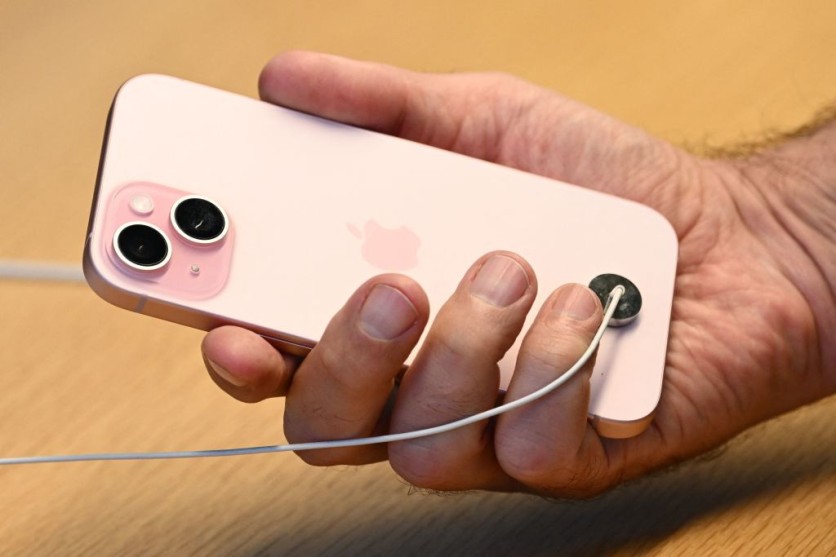Apple is delving into the potential of alternative cathode materials, a move aimed at amplifying the overall performance of its battery modules and consequently extending the battery life of forthcoming Apple products. The company appears to be embarking on a more profound battery development endeavor than previously witnessed.

Apple's In-House Battery
Apple is reportedly in the process of developing its proprietary in-house battery design. The company is said to be actively researching alternative cathode materials to enhance the overall performance of its battery modules, with the ultimate goal of extending the battery life of its forthcoming products set to debut after the year 2025.
9To5Mac reported that battery longevity has been showing gradual improvements in Apple's iPhone lineup, with advancements noticeable since the iPhone 13 series. Apple already labels its batteries as 'Apple-designed,' but this new development marks a significantly deeper foray into battery innovation.
This strategic move had hints of anticipation as far back as 2019 when Apple recruited a former Samsung SDI executive to spearhead battery development. Nevertheless, the most recent iPhone 15 series didn't bring substantial upgrades to the battery aspect, as detailed in our comprehensive analysis of the iPhone 15 and iPhone 15 Pro Max's battery life and charging capabilities.
However, Apple appears to be gearing up for something new, based on the latest speculations. Apple is actively exploring the possibility of increasing the silicon content within its batteries, diverging from the conventional use of graphite as the anode material in lithium-ion batteries.
Graphite, known for its distinctive characteristics, has been the preferred choice due to its efficient energy storage and release capabilities. Computer World reported that this ensures the longevity and reliability of mobile device batteries.
While transitioning to a silicon-based approach could potentially enhance battery capacity and reduce charging times, it presents a significant challenge-silicon tends to expand during the charging process. However, Apple appears to have devised a solution to address this expansion issue.
Rumors surrounding Apple's pursuit of cutting-edge battery technology trace back to 2019. Even earlier, the company had been collaborating with suppliers to introduce innovative battery solutions, such as the space-saving L-shaped battery featured in the iPhone XS.
By bringing battery development in-house, Apple solidifies its grip on product design and construction, enabling tighter control over its devices' quality. Apple emphasizes its rigorous supplier audits as part of its commitment to maintaining high standards.
Apple's Target Ambitions
Apple's environmental aspirations are nothing short of ambitious, with a target to power all its products with 100% clean energy by 2030. Phone Arena reported that this endeavor mandates that all suppliers shift to electricity derived from eco-friendly sources such as solar and wind.
Furthermore, Apple has a vision of crafting products exclusively from recycled and sustainable materials. As part of its recent commitment, the company is setting its sights on incorporating 100% recycled cobalt into all 'Apple-designed' batteries by 2025.

ⓒ 2026 TECHTIMES.com All rights reserved. Do not reproduce without permission.




